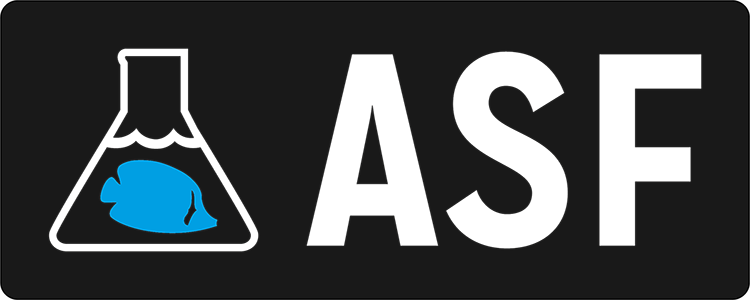Contact
- AQUARIUM SYSTEMS
- NOS SELS
- Sels pour aquarium eau de mer
- ENTRETIEN DE L'EAU
- Entretien et Bactéries Eau de Mer
- Entretien et Bactéries Eau Douce
- Tests d'eau
- NOURRITURE
- REEF ADDITIFS
- ACCESSOIRES ET MASSES FILTRANTES
- EQUIPEMENTS TECHNIQUES
- Aspirateurs pour aquariums
- Chauffages pour aquariums
- Ecumeurs
- Filtres intérieurs
- Pompes à air
- Pompes à eau
- L'AQUARIUM 2.0
- ÉCLAIRAGES ET LAMPES UVC
- Accessoires d'éclairages
- Éclairages Eau de Mer
- Éclairages Eau Douce
- Lampes UVC
- MERCH
- REPTILE SYSTEMS
- BIRD SYSTEMS
- CROISSANCE DES PLANTES
Nos engagements

Paiement sécurisé
CB, MasterCard, Visa

Produits Testés
scientifiquement
scientifiquement

Livraison
A domicile ou en point relais
- Équipements Poissons
- Équipements Reptiles
- Équipements Oiseaux
- QUI SOMMES NOUS ?
- Entretien de l'eau
- Éclairages LED
- Éclairages
- Conditions Générales de Ventes
- Sels marin
- Éclairages
- Equipements techniques
- Formulaire de rétractation
- Equipements techniques
- Chauffages
- RGPD - Limitation traitement des données
- RGPD - Droit à l’oubli
- RGPD - Portabilité de vos données
- Recyclage (D.E.E.E.)
Aquarium Systems © 2021 - Matériel Aquariophilie, Terrariophilie, Oisellerie







